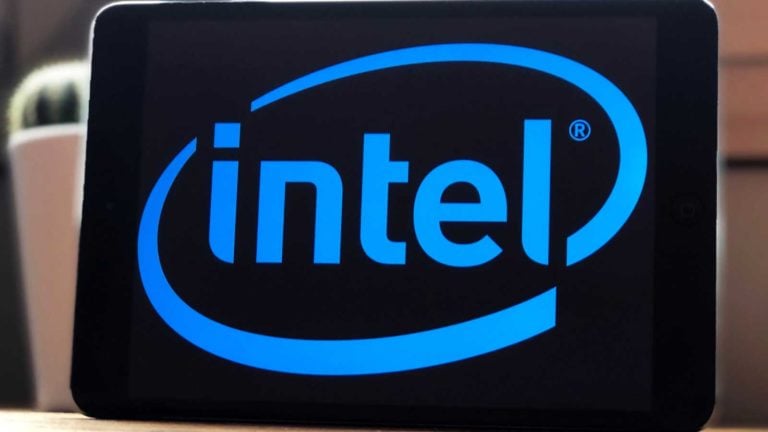Is Intel (NASDAQ:INTC) an underdog, or just an underachiever? There’s a vast difference between contrarian investing and just trying to contradict reality. Intel stock has been a poor performer in 2024 so far, and it gets a “D” grade as the recovery prospects aren’t stellar.
Intel is trying to compete in the artificial intelligence processor market against powerful rivals like Nvidia (NASDAQ:NVDA). That’s a major challenge, as Nvidia controls around 80% of the AI-chip market.
Hence, betting that Intel will catch up to its competitors isn’t contrarian; it’s just self-destructive. Investors should exercise caution as Intel has a tough, rocky road ahead and you don’t need to expose your portfolio to undue risk.
Intel’s Cost-Intensive Strategy
Under the leadership of CEO Pat Gelsinger, Intel’s strategy is basically to expand its foundry business at all costs. By “foundry,” we mean manufacturing chips in-house for other companies to sell or use.
Attempting to expand a business at a breakneck pace is a daunting and costly proposition. It’s not as if Intel is in an ideal financial position to do this.
The company’s first-quarter 2024 results were subpar, and Intel’s revenue guidance was notably soft. We won’t rehash the dirty details now, but Bernstein analyst Stacy Rasgon called Intel “profoundly broken.” Rasgon added that it “will take years” for Intel to “see the fruits of their (currently exhaustive) labor.”
Yet, despite the undoubtedly colossal costs, Intel is expanding its foundry factories in Ohio, Arizona, Ireland and other locations. Intel is also appealing to one or more asset-management firms to raise capital for these expensive foundry ventures.
Don’t Pin Your Hopes on Intel’s AI Chip
Along with its massive foundry projects, Intel is also spending untold amounts of capital, both financial and human, to develop an upcoming AI chip. It’s called Gaudi 3, though maybe it should be called “Gaudy 3″ since it’s supposed to be so impressive.
Per CNBC, Intel reportedly claimed that Gaudi 3 “can run AI models one-and-a-half times faster than Nvidia’s H100 GPU.” However, Intel also acknowledged that customers won’t be able to purchase Gaudi 3 chips until the third quarter of this year.
Thus, the cat is already out of the bag and the market is fully aware of Gaudi 3’s upcoming release. Yet, Intel stock didn’t zoom higher on this news. There was no meaningful “buy the rumor” moment, and in the third quarter, there could easily be a “sell the news” drawdown.
Besides, it’s highly likely that Nvidia will respond to Gaudi 3 with something more powerful — maybe even before Gaudi 3 is released.
Rest assured, the almighty Nvidia and Intel’s other competitors won’t just sit around and let Intel catch up to them. Intel has to constantly up the ante with better, faster AI processors, and this could cost Intel many billions of dollars.
Intel Stock: Don’t Try to Contradict Reality
Contrarian investing can work well when it’s done properly. In contrast, there’s no benefit to just being stubborn or contradictory. The reality is that Intel is spending a whole lot of capital in hopes of success down the road.
The problem is, it’s difficult to see that far down the road. Intel’s cost-intensive endeavors might not pay off as intended. Meanwhile, highly successful AI-chip companies like Nvidia are already providing good returns to their shareholders in 2024.
The same thing can’t be said for underperforming Intel stock, which only earns a low-confidence “D” grade today.
On the date of publication, Louis Navellier had a long position in NVDA. Louis Navellier did not have (either directly or indirectly) any other positions in the securities mentioned in this article.
The InvestorPlace Research Staff member primarily responsible for this article did not hold (either directly or indirectly) any positions in the securities mentioned in this article.


